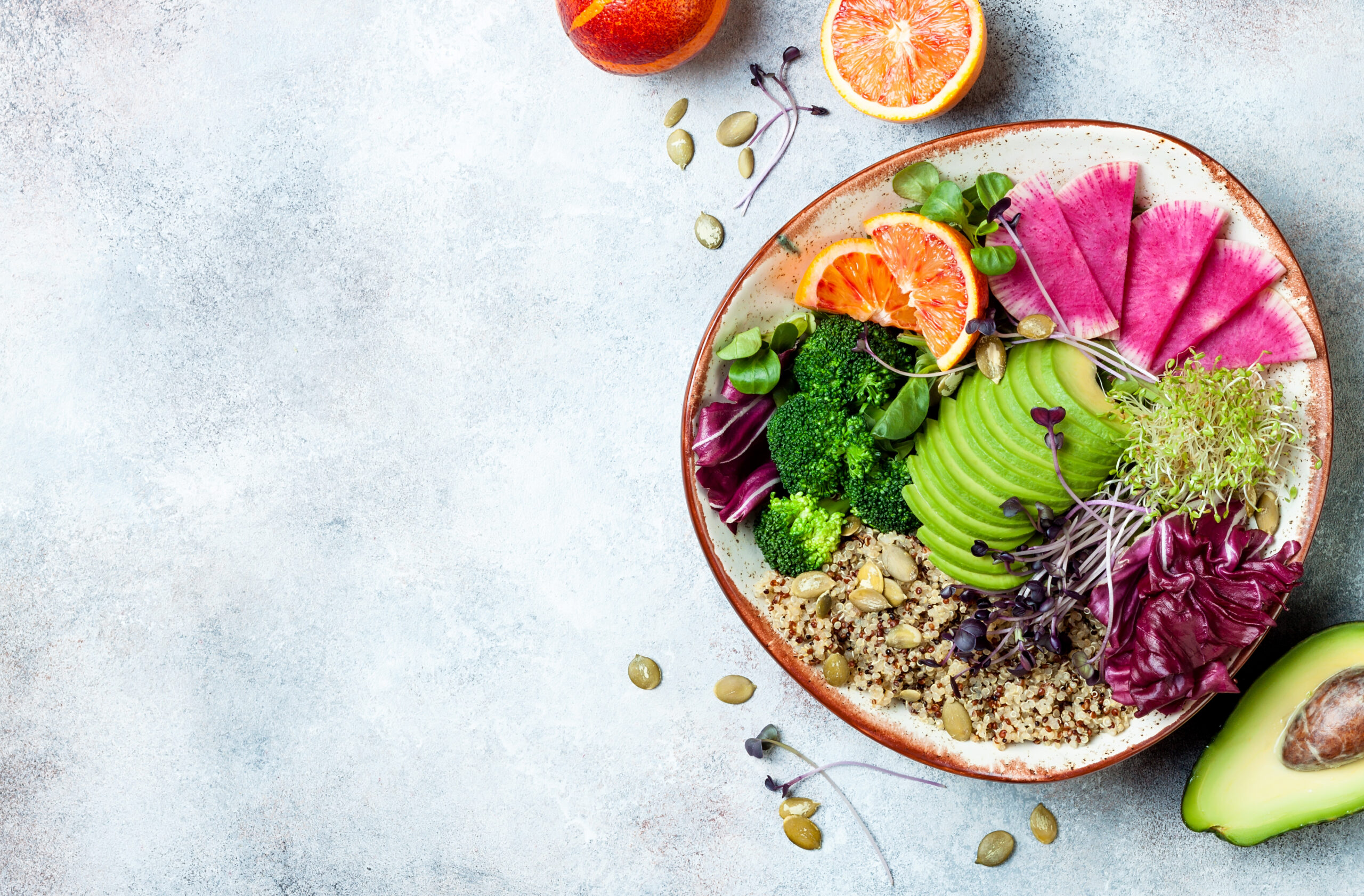Table of Contents

Steering clear of strokes takes more than swerving around stress and sidestepping smoking.
What's on your plate plays a pivotal role in brain protection. A trailblazing study spotlights how a particular plant-powered eating pattern might be the key to keeping these life-altering events at bay.
Botanical Brain Benefits
The investigation, which spanned over three decades and involved more than 200,000 health professionals, found that those who adhered to a healthful plant-based diet had a 10% lower risk of experiencing a stroke compared to those who didn't.
This thoughtful way of eating emphasizes whole grains, fruits, vegetables, legumes, nuts, tea, and coffee while minimizing less wholesome fare like refined grains, potatoes, and sugar-sweetened beverages.
In contrast to vegetarian and vegan diets, animal products aren't entirely off the table in plant-based diets, but they do play more of an occasional, supporting role.
Dissecting the Dietary Defense
So what is it about this botanical bounty that bolsters brain resilience?
For starters, plant foods are brimming with fiber, antioxidants, and anti-inflammatory compounds that collectively calm the body's internal chaos.
These nutrients are known to improve blood pressure, cholesterol levels, and overall cardiovascular fitness — all critical factors in fending off strokes. The rich roster of vitamins and minerals also nourishes neural networks, strengthening the brain's armor against attacks.
Looking Beyond the Produce Aisle
Interestingly, the study didn't find a consistent link between a vegetarian diet and lower stroke rates, possibly due to the smaller sample size of strict vegetarians. This suggests that the quality of plant foods consumed may matter more than the total absence of animal products.
In other words, a vegetarian who relies heavily on meat substitute products and ultraprocessed sugary treats may not reap the same rewards as one who prioritizes whole plants.
The take-home message? It's not just about reducing or eliminating your meat intake, but also about maximizing your intake of whole produce.
Planting the Seeds of Change
Overhauling one's eating habits overnight is a tall order, but gradually incorporating more brain-friendly flora is a smart way to start.
Simple swaps like reaching for whole grain bread instead of white, snacking on carrots over chips, and brewing a mug of green tea in place of soda can add up to meaningful mind protection over time.
For an extra boost, sprinkling in superfoods like leafy greens, berries, and walnuts delivers concentrated doses of neurological nourishment.
The Root of the Matter
While this study sheds light on the stroke-shielding potential of a produce-prominent diet, it's important to acknowledge its limitations. As an observational investigation, it can't prove cause and effect, only uncover correlations.
Randomized controlled trials are needed to confirm whether adopting a healthful plant-based diet directly lowers stroke occurrence. Additionally, more research is warranted on the optimal proportions of specific foods and nutrients for peak brain benefits.
Nevertheless, this exploration takes a significant step towards understanding how our dietary decisions today can shape our neurological fates down the line.
In a world where strokes upend millions of lives each year, every clue counts in the quest for prevention.
As the science continues to sprout, stocking our pantries with nature's bounty seems like a savvy way to hedge our bets against these brain assaults. After all, when it comes to safeguarding our most precious cognitive real estate, we may just find that the best medicine is rooted in the earth's most delicious offerings.
